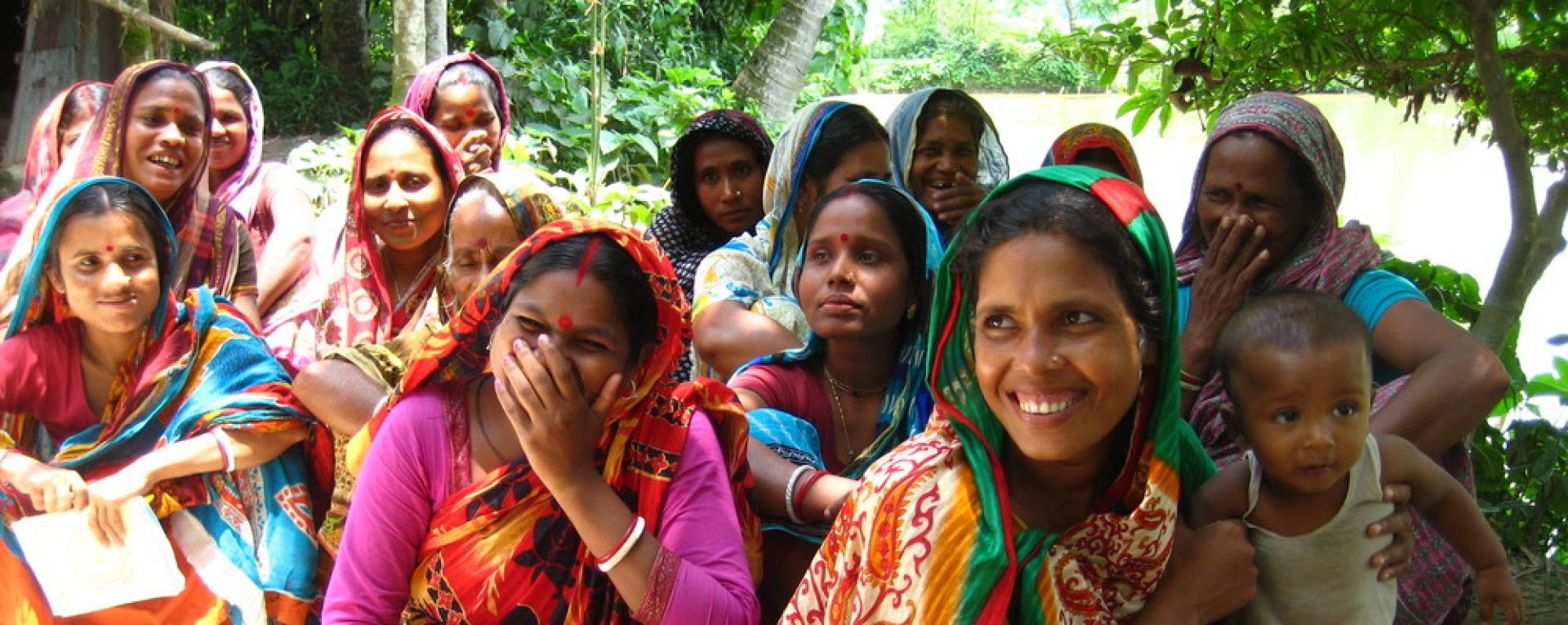50x2030 Focuses on Women’s Empowerment with the Expansion of WEMNS Metric
In celebration of International Women’s Day, the 50x2030 Initiative is expanding its commitment to better measuring Sustainable Development Goal (SDG) 5 on Gender Equality.
Recognizing women’s important role in agrifood systems transformation and overall global agricultural development, the 50x2030 Initiative developed and launched a module on WEMNS, a new metric to assess women’s empowerment in national statistical systems. WEMNS is a streamlined tool which can be integrated in large-scale, multi-topic surveys. The scale is applicable to both agricultural and non-agricultural livelihoods. This tool addresses the same aspects of gender equality considered by SDG 5 and it is based on a light questionnaire, which can potentially be included in existing national survey programmes.
The objective of developing the WEMNS tool is to generate more and better data that would adequately monitor and evaluate women’s empowerment and gender equality in agrifood systems and inform policy-making and development programming processes as well as investment choices in the agriculture sector. It has been long-recognized that women often face various obstacles that limit their contribution to their households and communities, including discrimination and limited access to resources. Evidence shows that increasing women’s empowerment is essential for women’s well-being and has a positive impact on agricultural production, food security, diets and child nutrition.
The 50x2030 Initiative’s Data Production component, led by FAO, is working to integrate the WEMNS module in three pilot countries, Liberia, Sierra Leone, and Tanzania, over the next two years. The three countries will produce estimates on women’s empowerment and dietary diversity among agricultural households and serve as models to show the feasibility of collecting this type of data through large-scale surveys.
The three pilot countries participated in an inception workshop to discuss the questionnaire and collect feedback, identify national stakeholders to involve in the process, finalize the timeline for implementation and discuss budget and funding mechanisms.
--
WEMNS was developed under the 50x2030 Initiative Data Production component, led by the Food and Agriculture Organization of the United Nations (FAO), and the International Food Policy Research Institute (IFPRI), with support from Emory University, Oxford University, the World Bank’s Living Standards Measurement Study Unit and collaboration from partner countries.
